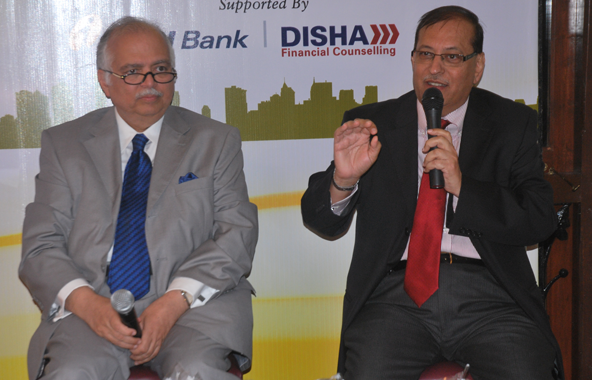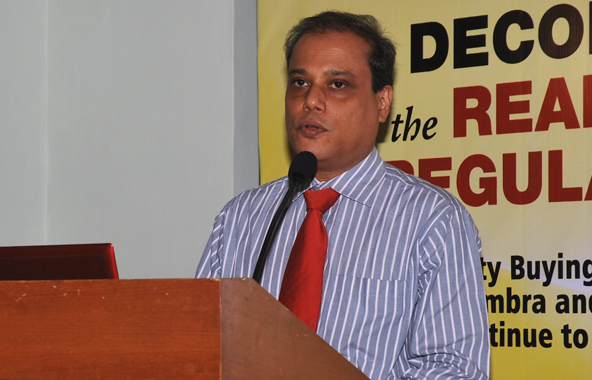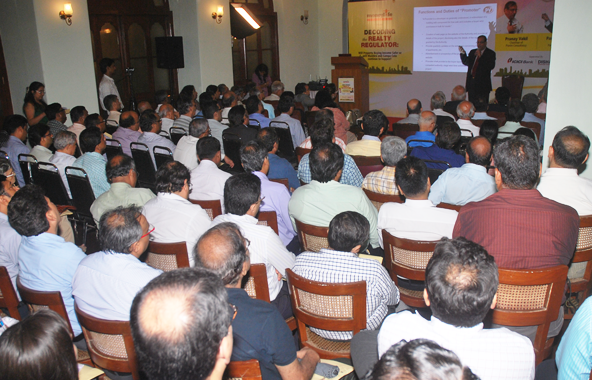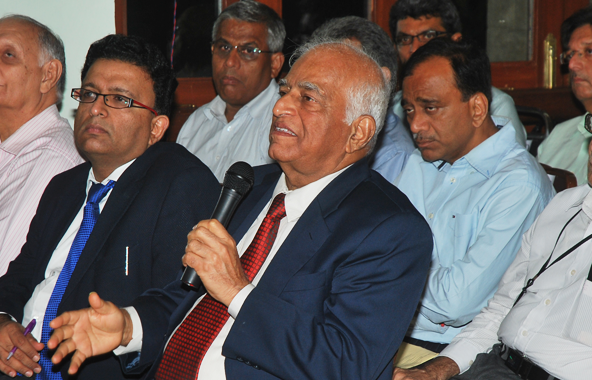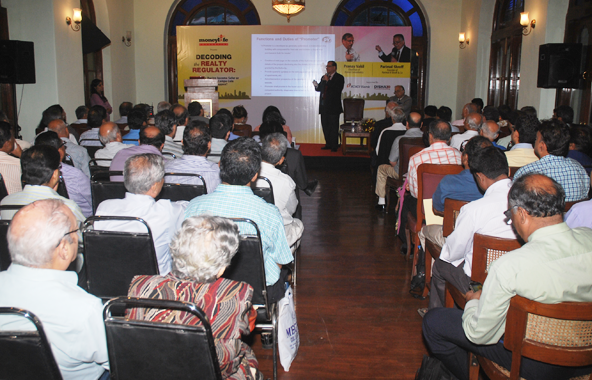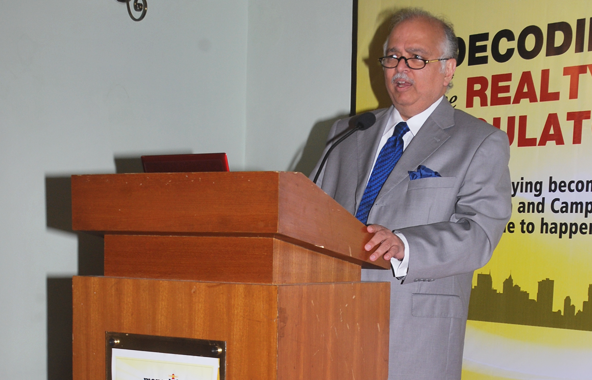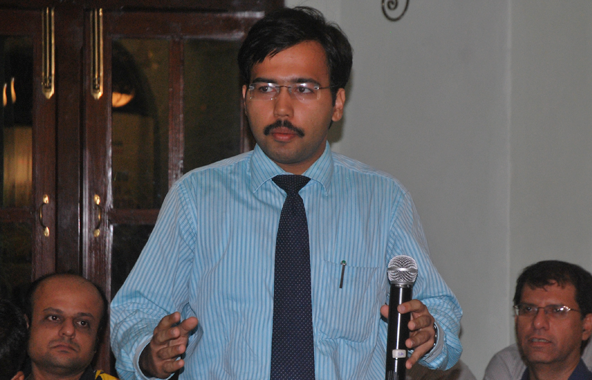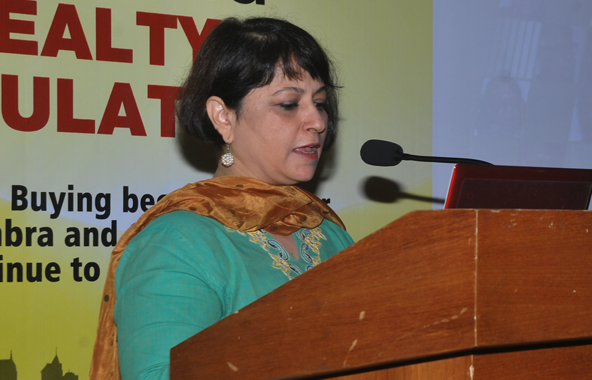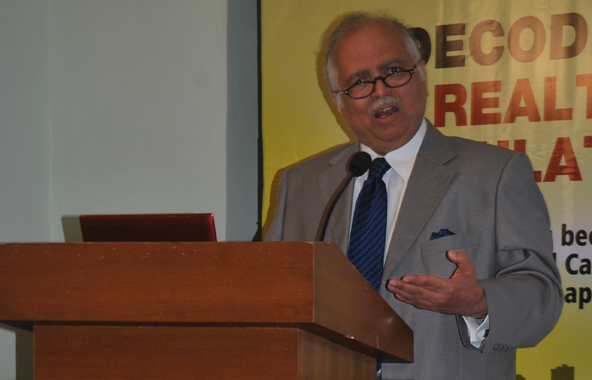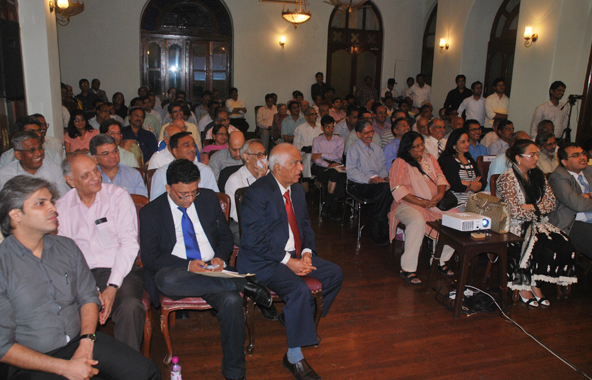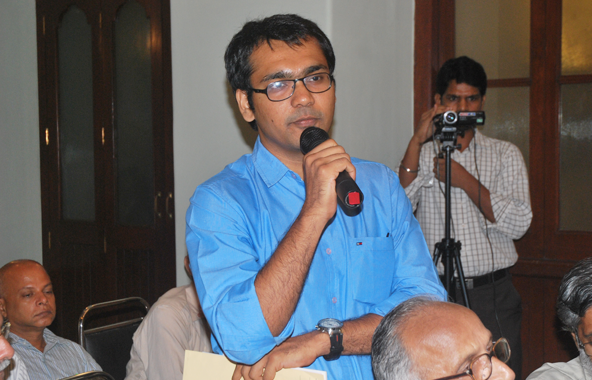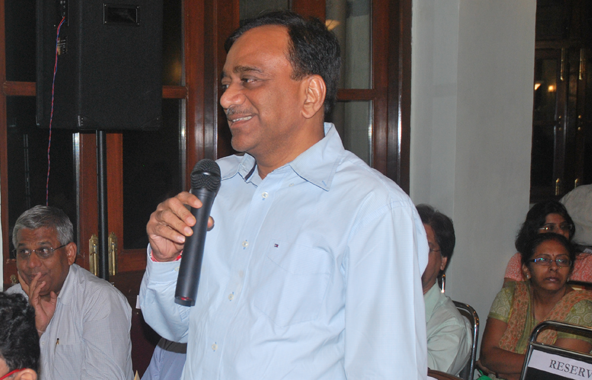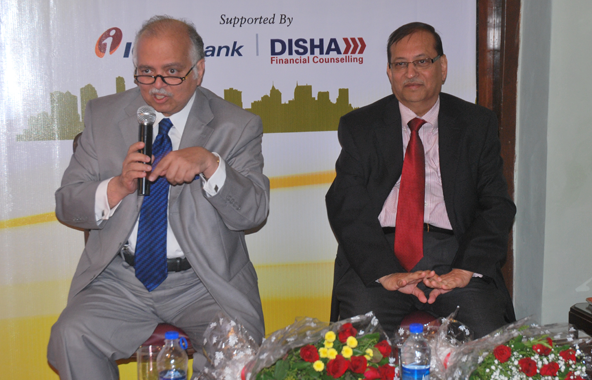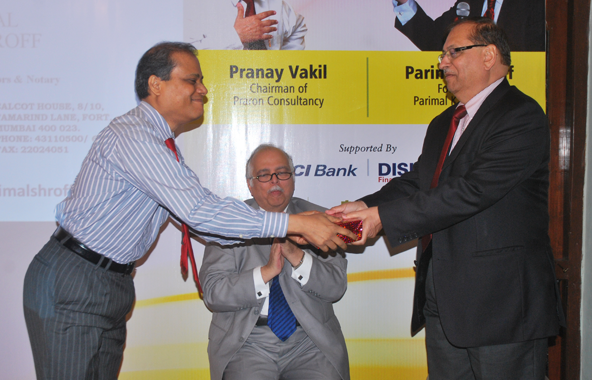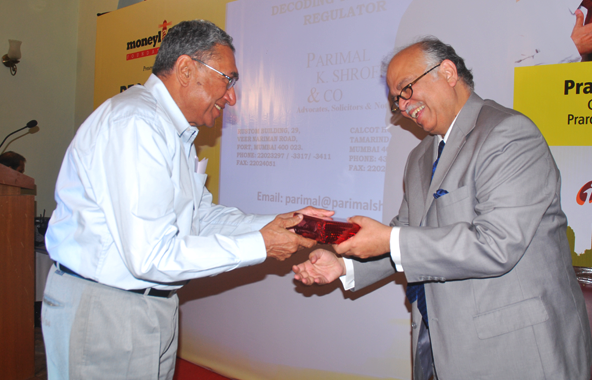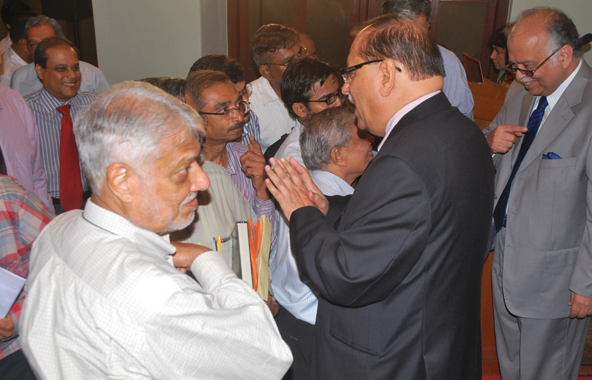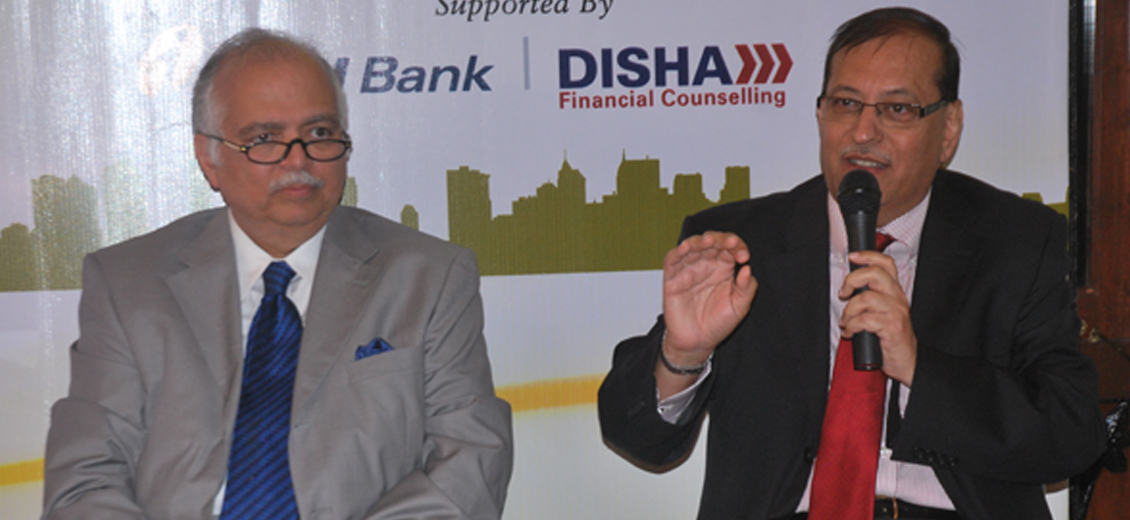
The real estate sector is a critical driver of economic growth and one of the messiest in India. It is smothered in red tape, and as we all know, every politician has resisted creating a real-estate regulator for the past two decades.
Over the decade or so, in tune with rising prosperity, real estate demand has been booming. However, this largest asset item has remained unregulated. This has led to soaring property prices and savers have been repeatedly short-changed by many unethical builders.
Last week the Cabinet cleared the Real Estate (Regulation and Development) Bill that seeks to provide a uniform regulatory environment to the sector.
The bill also intends to make it mandatory for developers to launch projects only after acquiring all statutory clearances from relevant authorities. Builders and developers who become repeat offenders may even face a jail term of up to three years.
Builders routinely get away with nearly anything, even flouting safety standards and norms. Developers don’t need any qualifications or satisfy any requirements to enter the business. Moreover, contracts between buyers and sellers lean heavily towards the sellers. Sometimes, the buyer will need to fork over more money than what he had bargained for because he is in complete grip of the builders. This dampens demand and sales. Since there is no regulator to frame rules, there is no yardstick for minimum standards either. The deep and corrupt nexus between politicians, officials and builders keeps price levels high which keeps real estate out of reach for many middle class households.
Pranay Vakil, one of the most respected names in the real estate industry and former chairman of Knight Frank India, in his presentation spoke on what the bill plans to accomplish, what it does not cover and the legal issues. What the bill has missed out is properties and developments other than housing or residential property viz. commercial, office developments and malls. Also there is no regulation in place to deal with the menace of unaccounted money. There is also a conflict between state and central laws. It would also have been useful if the bill could have put in place a mechanism to provide rating to developments, said Mr Vakil.
Parimal Shroff, with over 37 years’ experience in constitutional, corporate, civil and property law, pointed out that the Central Act is “too ambitious”. “It proposes that all permissions, information, online declarations and registration are to be validated before the project starts. The penalties for failing to comply are too severe. Then, it requires that the plans and designs to be put up online—this gives rise to problems related to protection of intellectual property and security,” said Mr Shroff.
The bill seeks to provide transparency in real estate developments. Registration of existing and new developments will require disclosure of layout, carpet area, etc. The sales agreement format is planned to be standardised. This would lead to more balanced agreements as currently the agreements are skewed in favour of the developers, said Mr Vakil.
The bill also seeks to provide protection of consumer interests wherein the developers would compensate buyers for delays, cancellation of registration and failure to hand over possession on due date. Real estate agents would also have to be registered. There would be strict control on the utilisation of funds where 70% of the collection is to be used only for the project. There will be a focussed dispute resolution mechanism as well. Dispute resolution by the authority which will have powers similar to civil court will lead to reduction in delays.
Mr Shroff, however, pointed out the effect of rules and regulations pertaining to real estate have always been subject to legal interpretations. He said, “Regulators become pro-active with passage of time. You cannot really say how the laws will affect you until it is interpreted by the court. Subject to interpretations, amendments will also be made.”



